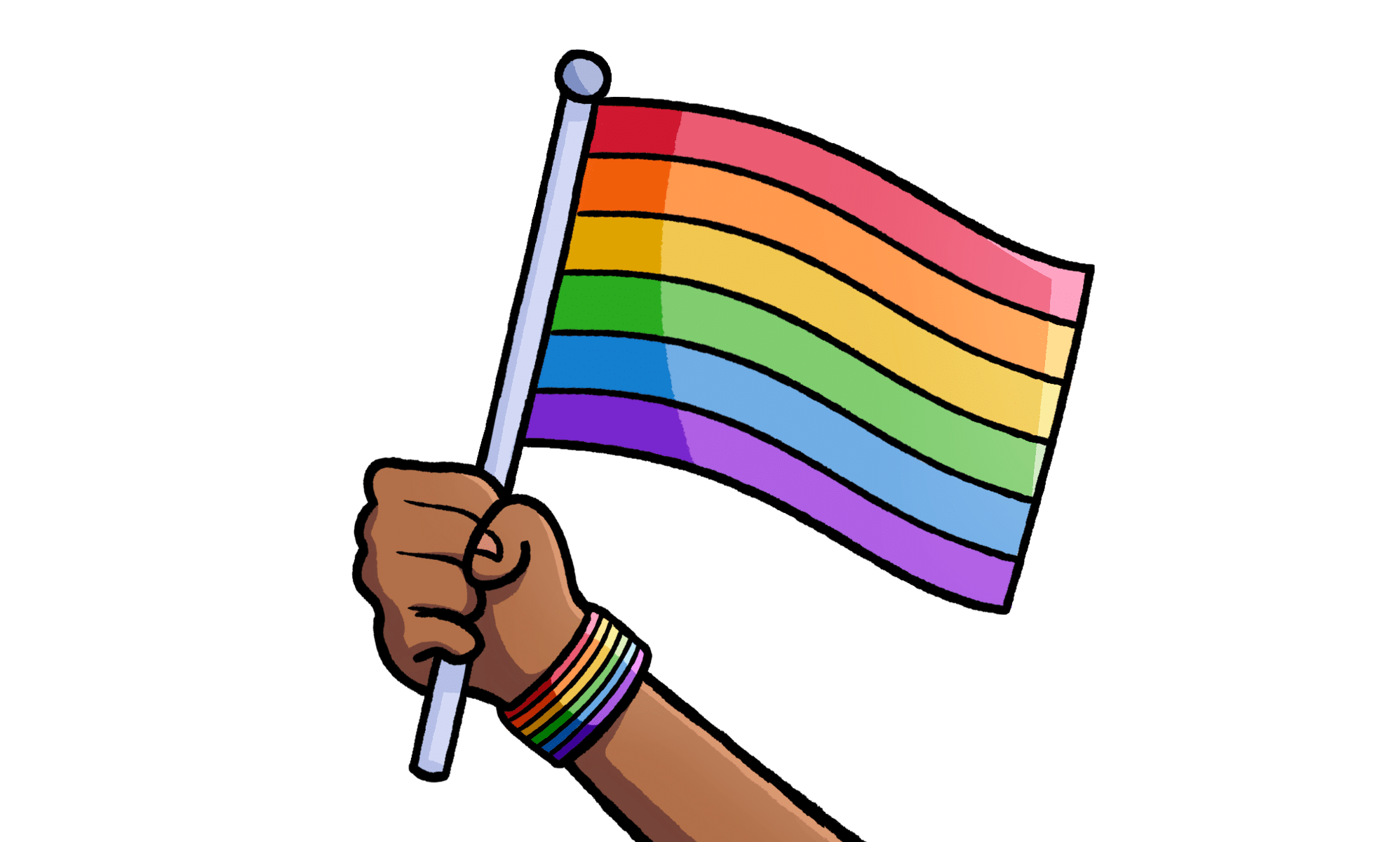Fantasy author stunned to discover Russian translation of her book censors gay storyline

A Russian publisher is under fire for censoring a gay storyline in a popular fantasy novel series without permission from the US-based author.
Victoria Schwab is the author of the Shades of Magic series, which features a number of LGBT characters, including a bisexual prince who has a same-sex romance.
The bestselling books were translated into Russian as part of a deal with Russia-based publisher Rosmen.

However, the author was horrified to discover via a reader that the story had been doctored for the Russian translation, in order to omit the gay relationship.
She tweeted: “The Russian edition of Shades of Magic has been my favorite. This week I learned that they redacted the entire queer plot w/out permission.
“They chose to illegally edit and redact [it].
“I was absolutely horrified. Wouldn’t have known if not for a Russian reader who read both editions. Publisher in total breach of contract.
“I’m positively devastated.”
She added: “As a reader: I’m frustrated. As an LGBTQ+ human: I’m hurt. As an author: I’m indignant.”
The author continued: “It’s important to me that the books be available to Russian readers, but with all their content.”
She added that she would “give [the publisher] opportunity to correct the work”.
According to the Moscow Times, the Russian publisher – which is not connected to the author’s US publisher Tor Books – admitted it had made the changes.
However, it insisted the change was required to comply with the country’s ‘gay propaganda’ law.
The country maintains a controversial 2013 law that bans “propaganda of non-traditional sexual relationships”, which has been seized upon by authorities to clamp down on depictions of gay people in public life.
The premiere of a new ballet at Russia’s Bolshoi Theatre was allegedly cancelled earlier this year over concerns about ‘gay propaganda’.
One of the most anticipated ballets of the season had been set to make its debut in July, but all performances were cancelled on short notice over the weekend under mysterious circumstances.
The decision to pull the ballet led to allegations that the Russian government had intervened, over concerns about male nudity and gay themes.
In a ruling earlier this year, the European Court of Human Rights condemned the oppressive law.
The law also bans people sharing “distorted ideas about the equal social value of traditional and non-traditional sexual relationships”, which has been widely abused in the country to clamp down on the LGBT rights movement as a whole.
In its ruling, the ECHR found the law to be in breach of freedom of expression protections, as well as ruling that it “reinforces stigma and prejudice and encouraged homophobia”.
The Russian Justice ministry has vowed to appeal.
In a statement, the department said the law was solely designed “to defend morality and children’s health”, and did not impact freedom of expression.
But LGBT activists say the law has had a chilling effect across Russian culture.
Last year, Russian MPs called for football video game FIFA 17 to be banned because it allowed players to take part in the rainbow laces campaign.
A special Pride-themed football kit was made available as a free download for FIFA 17 players across PC, Xbox and Playstation gaming platforms as part of the tie-up.
Russia’s censorship body was urged by lawmakers to open a probe into the potential violation of the ‘gay propaganda’ law.

